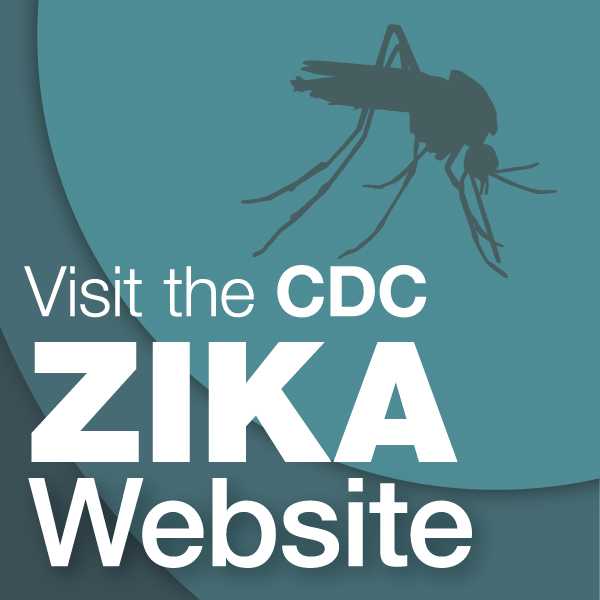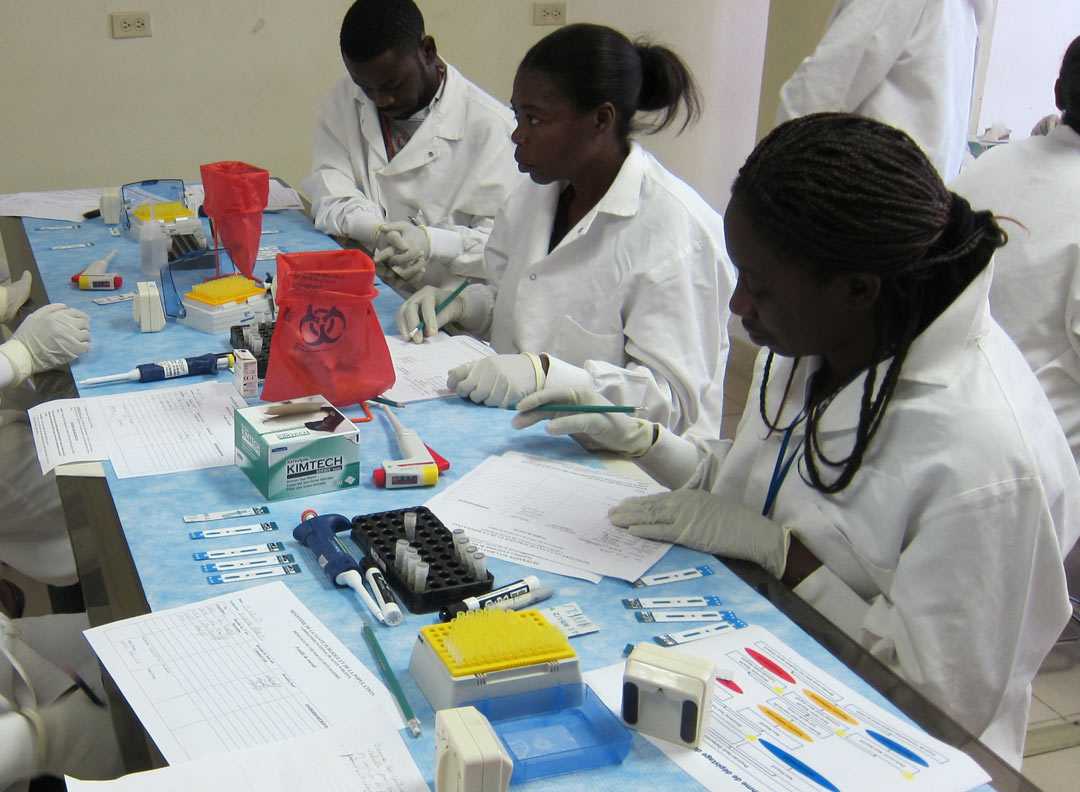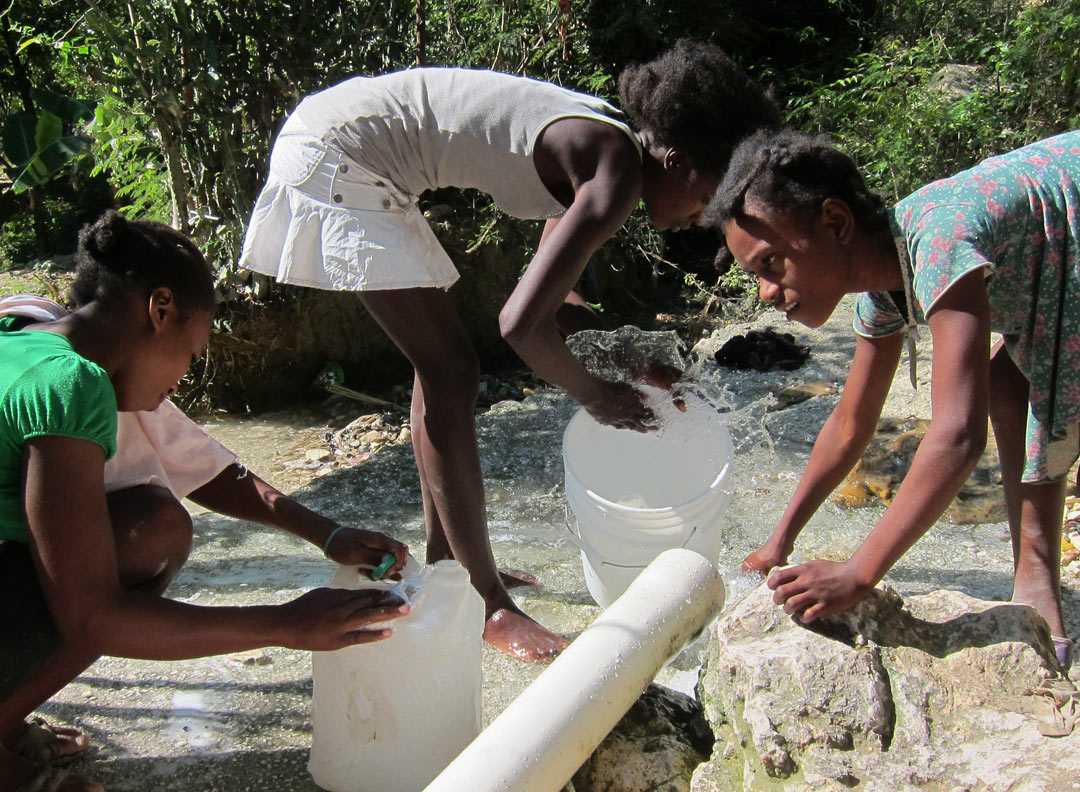The Centers for Disease Control and Prevention (CDC) began working in Haiti in 2002 and initially focused on preventing the transmission of HIV/AIDS and providing care and treatment to those already infected. After a devastating 7.0 magnitude earthquake hit Haiti in January 2010, CDC Haiti expanded the scope of its work to focus on immediate health needs and to address longer-term public health interventions.
Fact Sheet Overview Page
Hurricane Matthew in Haiti
Learn More About Our Response in Haiti:
CCDC STAFF
9 U.S. Assignees
59 Locally Employed
2 Fellows
AT A GLANCE
Population: 10,924,000
Per capita income: $1,750
Life expectancy at birth: W 65/M 61 yrs
Infant mortality rate: 42/1000 live births
Source: Population Reference Bureau 2015: Haiti
Haiti Top 10 Causes of Death
- Cardiovascular Diseases
- Diarrhea/LRI/Other
- Neoplasms
- HIV/AIDS & Tuberculosis
- Diabetes/Urog/Blood/Endocrine Diseases
- Neonatal Disorders
- Unintentional Injuries
- Chronic Respiratory Diseases
- Transport Injuries
- Other Non-Communicable Diseases
Source: GBD Compare: Haiti, 2015
Why We’re Here

CDC-Haiti focuses on HIV/AIDS prevention, increasing lab capacity, and building health care infrastructure.
Our Stories
-
Eliminating Lymphatic Filariasis in Haiti
“Commitment equals success.” Simple and direct as that is, the Division of Parasitic Diseases and Malaria’s Dr. Pat Lammie is convinced it’s the key to eliminating lymphatic filariasis (LF) in Haiti…
May 9, 2016 -
Haiti Earthquake: Remembering help and hope 5 years on
January 12 marks five years since Haiti was hit by a devastating 7.0 magnitude earthquake. More than 200,000 lives were lost and another 2 million people were displaced when their homes were destroyed…
January 9, 2015 -
The Beginning of the End of Malaria in Haiti?
“Test before treatment,” Jeanine Hyppolite repeats the words over and over like a mantra. “I was very impressed by that. It works.”…
December 31, 2014
Global Health Security Agenda
The Global Health Security Agenda provides a framework for preventing, detecting, and responding to potential infectious disease threats. CDC Haiti is supporting the government of Haiti (GOH) in detecting emerging disease threats by bolstering laboratory and surveillance capacity through establishing a laboratory enhanced surveillance system and disease surveillance networks such as the National Cholera Surveillance System and the National Epidemiologic Surveillance Network. To build a strong, local epidemiologic workforce, CDC’s Field Epidemiology Training Program (FETP) works with the MSPP to strengthen national and local public health systems.
Since the Haiti program’s inception in 2011, the FETP has graduated 270 students who are trained to respond to disease outbreaks and conduct case investigations of epidemic-prone illnesses. Through mass immunization of children for measles and rubella in 2012 and the co-financing of new vaccines, CDC Haiti is working with partners and the MSPP to control vaccine-preventable diseases.
- Page last reviewed: July 3, 2017
- Page last updated: July 3, 2017
- Content source:
Global Health
Notice: Linking to a non-federal site does not constitute an endorsement by HHS, CDC or any of its employees of the sponsors or the information and products presented on the site.



 ShareCompartir
ShareCompartir









